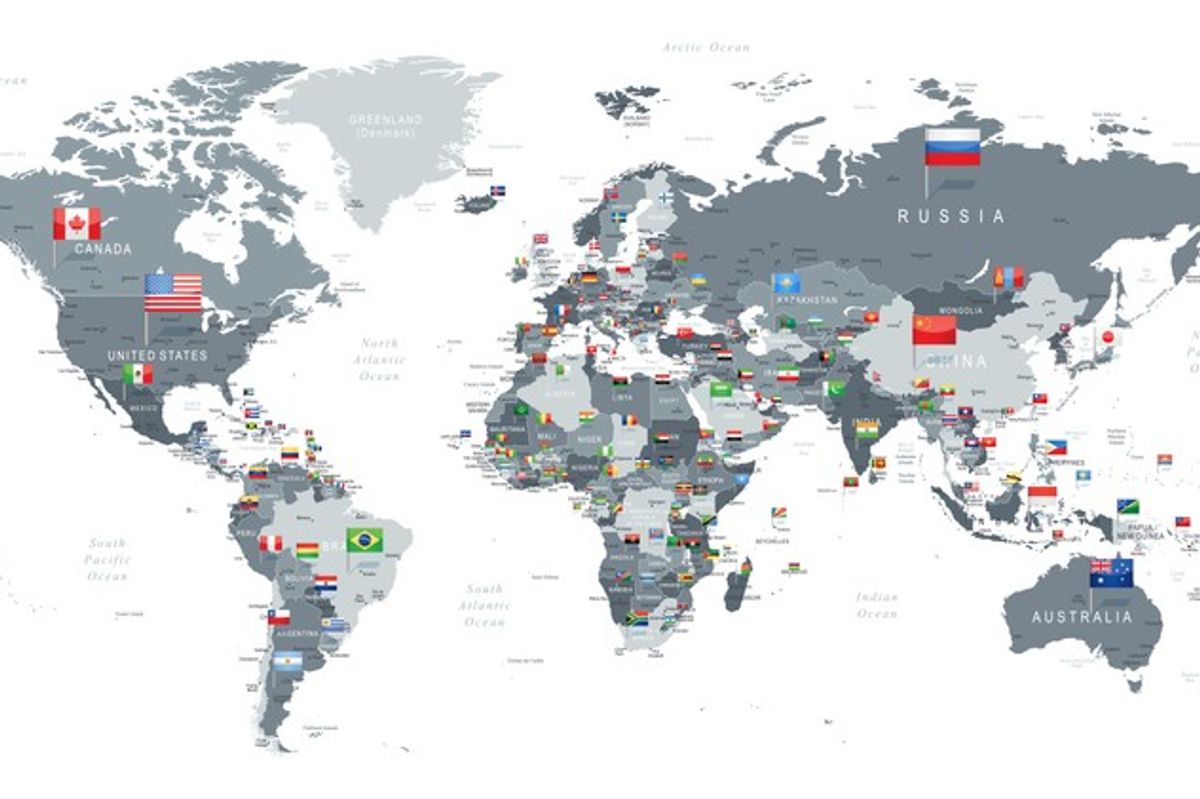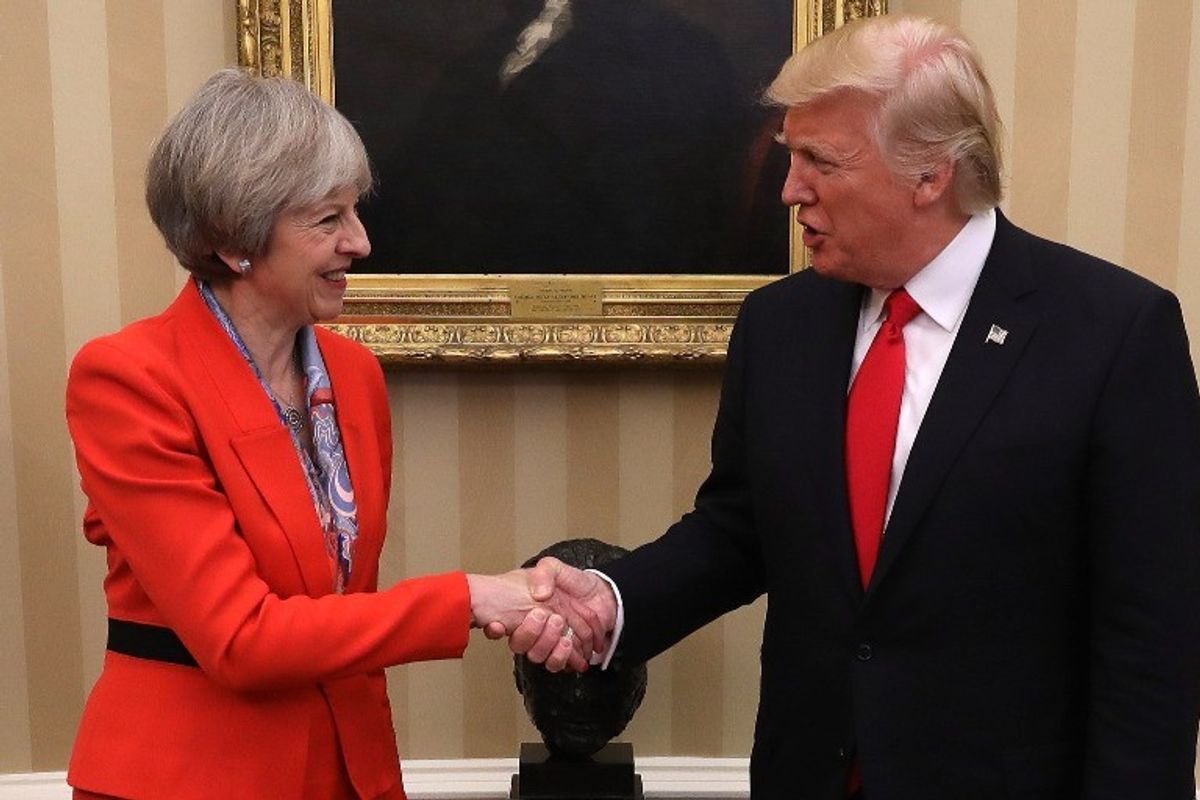When you ask average Americans about their perceptions of the relationship between the United States and Canada, they will undoubtedly talk about the NHL or the Vancouver Winter Olympics, or Toronto making the MLB playoffs or the Keystone pipeline, or maybe even the recent election of a new government in Ottawa. While all of these are important and are certainly a bedrock of the U.S.-Canadian partnership, these answers miss the very critical security relationship that enables us to enjoy the freedoms of democratic governments, of economic growth, and of showcasing some of the greatest athletes in the world. The reality is that our two nations have been bound together for decades—economically, militarily, socially, and politically. As the first-born U.S. citizen of significant Canadian heritage (three of four grandparents), and as the former Commander of the North American Aerospace Defense Command (NORAD) and U.S. Northern Command (USNORTHCOM), I have had a unique seat to observe the close ties between our countries.
Our partnership with Canada in areas of mutual defense took an important turn after World War II. In 1947, the U.S. and Canada signed a “Joint Statement on Defense Collaboration.” Two years later, the two nations signed the Canada–U.S. Emergency Defense Plan and established the Military Cooperation Committee, initiating a detailed partnership that would lead to the signing of the first NORAD Agreement in 1958. As Soviet threats emerged during the Cold War, the warning, assessment, and response capabilities of both the U.S. and Canada also evolved. In fact, when the Cold War ended, instead of reducing the mission or dissolving the defense agreements, both nations agreed to grow and expand the mission statement for NORAD to address new threats to both countries. Two such examples were the addition of the anti-drug mission to the air sovereignty focus of both countries in 1989 and the evolving global counterterrorist activities that continue today.
With the events of September 11, 2001, NORAD’s role took on a very new aspect: protection of the airspace of both nations from civilian aircraft being used by terrorists to threaten our citizens. In fact, President George W. Bush and Prime Minister Paul Martin issued a joint communiqué that reinforced U.S.-Canada security cooperation in the areas of intelligence/information sharing, enhanced border and infrastructure security, combating human trafficking, improved passport security and integrity, and expanding the NORAD Agreement to address increased security cooperation. It should also be noted that immediately after the attacks on 9/11, Canada was one of the first nations to commit support to the coalition operations during Operation Enduring Freedom and in fact, was one of the first on the ground in Afghanistan. This contribution of forces and the increased emphasis on intelligence sharing benefitted our mutual efforts in North America as well as made significant contributions to our efforts in Afghanistan.
Shortly after 9/11, the U.S. established a new command, USNORTHCOM, focused on the defense of the U.S. homeland and response to domestic, natural and man-made disasters. The Canadians established a parallel organization, Canada Command, in February of 2006. Also in that year, the United States and Canada signed the NORAD Agreement Renewal. This important agreement renewed the aerospace warning and aerospace control mission, and added a new mission of maritime warning.
The very close relationship between Canadian and American intelligence agencies has continued to identify, track, and, in a number of very significant cases, interdict terrorist efforts in both countries. Additionally, Canadian contributions to Joint Task Force South have aided in the multi-national counter drug efforts in the Atlantic, the Caribbean, and the Gulf of Mexico, enhancing the homeland defense of both nations. Canada has its fighter aircraft on alert 24/7, ready to launch against any air breathing threat to either nation. Due to its proximity to common routes used by hostile actors, Canadian fighters are often the first to arrive on scene.
This NORAD response capability is critical to both the U.S. and Canada. Joint radars, many located in Canada, warn NORAD of hostile missile attack and are key to our own missile defense capabilities. And Canadian forces live each day in the NORAD Headquarters providing warning, intelligence analysis and assessment, and if necessary, forces to respond to nation state and non-nation state threats. This close partnership, for example, was key to identifying a potential threat originating in Central Asia, tracking it through the maritime domain all the way across the Pacific and leading to a Canadian naval intercept in the waters off the western Canadian coast.
Given the terrorist attacks we have recently seen in the Sinai, Lebanon, and in Paris, active intelligence partnership is more important today than ever, and our close relationship with Canadian intelligence organizations is key to global anti-terrorism efforts. The Harper Administration was absolutely committed to the global terrorism fight and committed significant defense investment to transition the Canadian Forces to a level of capability not seen since WWII and enabled the global presence of Canadian ground, naval, and air forces as well as very highly trained special forces.
With the recent election results, it remains to be seen how that commitment will continue or evolve. Prime Minister Justin Trudeau has already made some concerning decisions. He is reducing Canadian presence in global coalition efforts in the Middle East. He has announced a “re-competition” for the next generation fighter, essentially backing away from the international F-35 partnership. And Trudeau is reprogramming defense spending designated for additional ice-breaking vessels in the Arctic. When taken individually, none of these decisions diminish the close relationships between the U.S. and Canadian militaries. They do, however, make interoperability more difficult and leave the impression that Canadian strategy is moving back to a “peacekeeping mentality” held during some previous administrations.
North America has remained relatively safe and secure since 9/11, due in very large part to the military and intelligence cooperation between our two countries. As we go through political change in both of our governments, it is critical that we not diminish the partnership or reduce the commitment of each nation to this global effort. Indeed, we should be seeking better tools to become even more effective in what is arguably the most dangerous time in our history.











